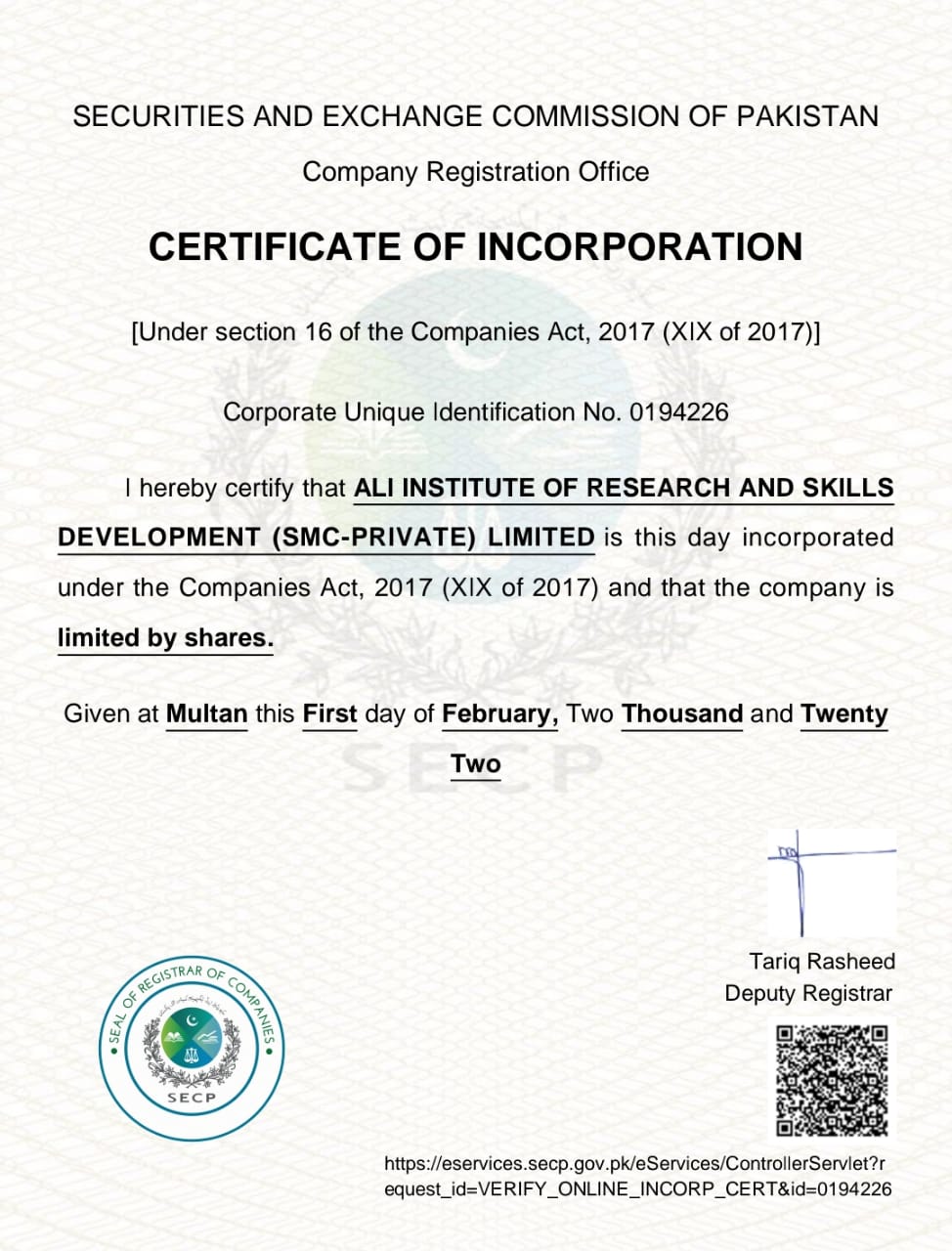Modern Arabic Literature: A Fusion of Tradition and Innovation
Keywords:
Modern Arabic Literature, Tradition, Innovation, Literary Evolution, Naguib Mahfouz, Taha Hussein, Comparative Literary Criticism, National Identity, Post-colonialism, Renaissance.Abstract
The contemporary literature of Arab peoples maintains a balanced relationship between their influential classical writing traditions and their adoption of modern global influences. This paper examines contemporary Arab authors who managed to find balance in their work by using classical Arab literary elements together with the new literary structures and storylines from modern times. The study analyzes how Arab authors Mahmoud Sami al-Barudi and Ahmad Shawqi and Naguib Mahfouz and Taha Hussein adapted their writing to political social and cultural changes through their perspectives on colonialism nationalism and modernism. The research approaches its analysis through qualitative examination which entails textual investigation and evaluative criticism of chosen revealing literature. The findings confirm both the ongoing development of thematic elements with new stylistic developments alongside Arab literature’s central part in national identity formation. The article demonstrates modern Arab literature emerges as a vigorous cultural output because it manifests traditional elements united with innovative practices.
Downloads
Published
How to Cite
Issue
Section
License
Copyright (c) 2025 Zakariya Journal of Education, Humanities & Social Sciences

This work is licensed under a Creative Commons Attribution 4.0 International License.








